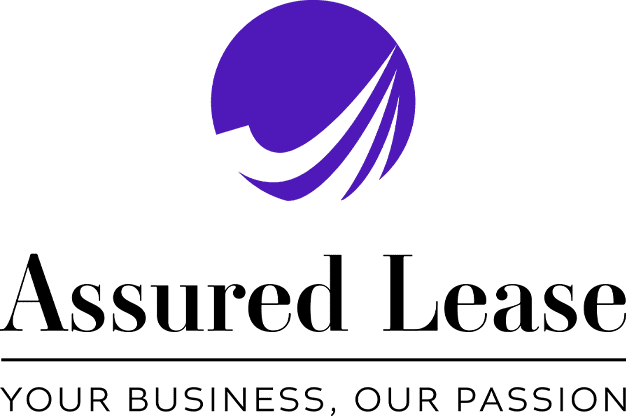The Factors That Impact Lease Rates
As you might imagine, we have varying rates for different types of transactions. Considerations include:
- The credit strength of the applicant and any guarantors
- The size of the transaction, as measured by our dollars invested
- The length of term of the lease
- The anticipated lease-end residual value
Our very best leasing rates are for well established companies with PERFECT credit and strong guarantors, leasing a LOT of equipment on a long-term lease with a high anticipated residual value.
Conversely, the smallest ticket, short term leases will have higher relative rates, purely because the fixed costs of completing a small ticket lease need to be recovered in a relatively short period and thus affects our final rate. On any transaction that ALSO involves an applicant with weak or blemished credit, our relative rate will be higher still.
About Equipment Leases
An equipment lease is accounted for differently from a loan and it provides attractive tax benefits and other benefits that a loan doesn’t. Because it is not a loan, you won’t find any reference to “interest” on our lease documents.
Our lease is a financing tool. As such, there are carrying charges involved, but we are always very careful not to call them “interest.” Our carrying charges are very competitive, and in fact, if you compare our leasing rates to a business bank loan, the lease rate would be very close to an otherwise comparable bank loan transaction. (Remember that we write fixed-rate leases, so you should always compare leasing rate to a fixed-rate term loan at the bank.)
Interest rates will reflect the risk involved in lending this company or person money. We will secure our “A” customers rates anywhere from 7-10% depending on their pedigree. They can be higher or they can be lower, depending on the position of the applicant. Some of the leases we write work out to be in the “middle teens” if expressed as a percentage. That being said, we think it is a mistake to think only about the apparent “percentage rate” on a lease transaction.
The Difference Between Leases and Commercial Bank Loans
There are several significant differences between our lease and a commercial bank loan, some of which are far more significant than a few percentage points. Specifically:
Tax Benefits: Our lease allows you to expense your new equipment, rather than capitalizing and depreciating it.
Predictability: Our lease payment is fixed for the term, not floating with prime. And since our rates are lower NOW than they have been for years, NOW is a good time to ‘lock in’ a low monthly payment on your equipment.
Ease of approval: Application Forms can be completed by phone, fax, or e-mail. This can be done at a time convenient to you.
Speed of approval: ’Typically we can approve your lease in 1-2 business days. Banks often take weeks to advise you of their decision.
Easy accounting: For income tax and accounting purposes, Assured Lease provides equal monthly “rental” payments and can be accounted for just that easily. You don’t have to calculate monthly principal and interest amounts.
Leasing doesn’t interfere with future borrowing: Our leases are typically shown as an expense — a operating cost of doing business — much like your office or shop lease or your payroll costs. Bank loans must be reported as liabilities and can adversely affect your balance sheet financial ratios. The lease won’t usually have the negative effect on your balance sheet that a loan or debt would.
No down payment: Most commercial term loans will require a down payment of 10 to 25%, PLUS sales tax, delivery & installation charges paid up front. With our lease, we can usually include all of those costs and pay nothing more than 1 or 2 month’s lease payment and a small documentation fee to acquire your equipment.
AND one more difference: Have you asked your banker for a loan lately? Unless you can prove that you really don’t need the money, they just don’t seem to be as interested in making the loan as they used to.
We welcome the opportunity to quote a specific lease rate for you on any transaction. For the reasons stated above, we will ask you several questions before we can give you an accurate and reliable answer.
If you’re going to be comparing lease rates from one leasing company to another, be sure to keep your focus on dollars and cents. Be very careful about trying to compare “percentage rates” between Lessors unless you are able to make that calculation yourself. (Not all Lessors will use the same method or formula for calculating a “percentage rate.”)
And make sure that the Lessor puts everything you compared about the transaction in writing before you commit to any specific lease or Lessor. It’s good business to do so!








